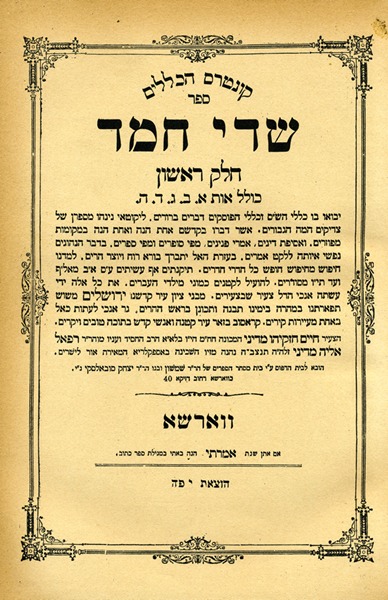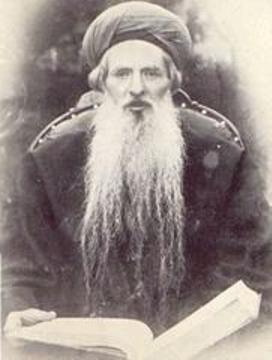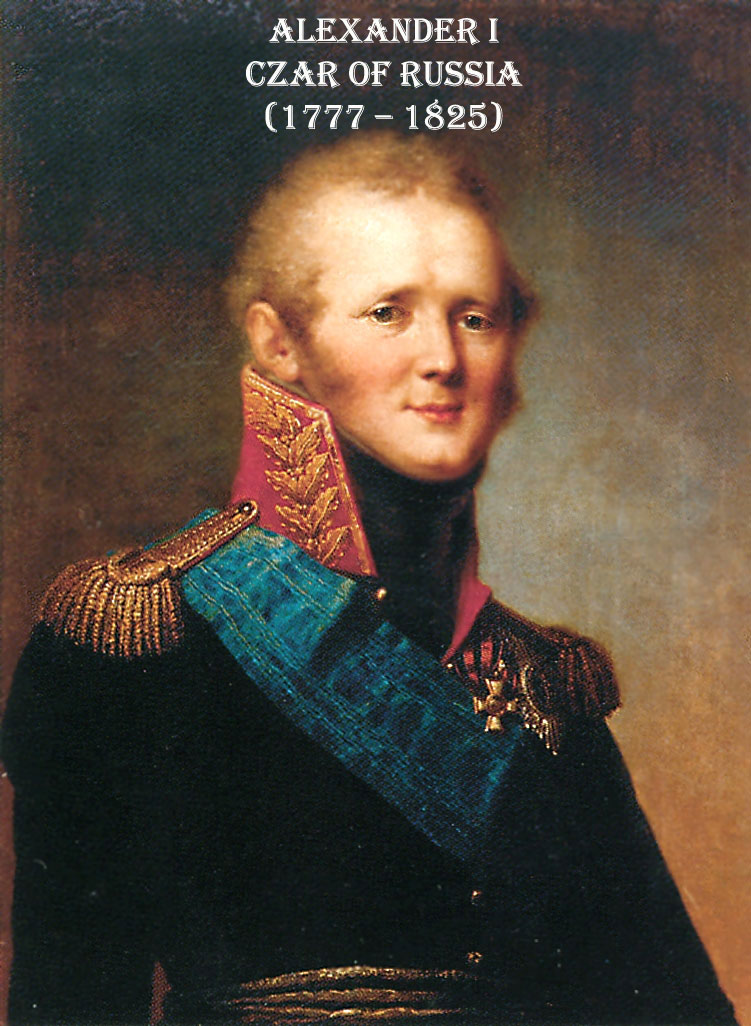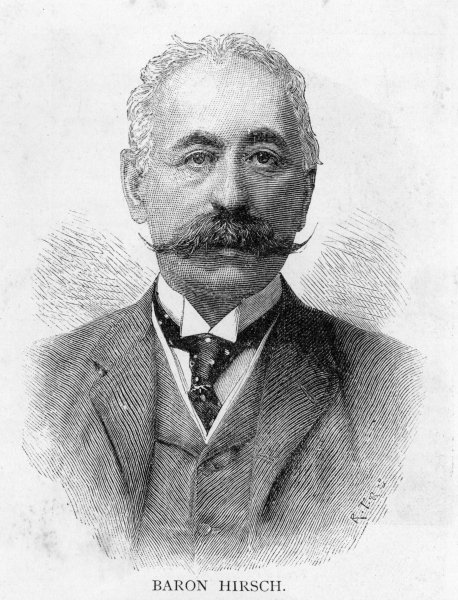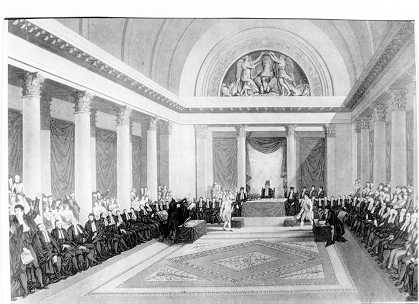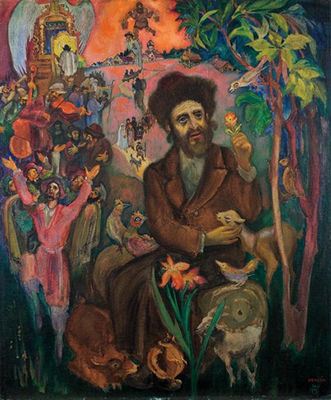Rabbi Yechezkiya Chaim Chizkiya Medini (1813-1905) is famous as the author of an incredible encyclopedic work of Jewish scholarship called Sdei Chemed. And, as is Jewish custom, he became identified by the title of that book.
Despite his accomplishments, in his personal life the Sdei Chemed knew only tragedy. His only son died before the son married. He himself was struck by blindness. Then, almost miraculously, two years later he recovered and was to see again.
He had three daughters. There were no Torah scholars in Crimea, so he married them off to artisans: a tailor, a shoemaker and a hat-maker. He joked that if nothing else he would always be well supplied with clothing.
He was well known for his piety and charity. There was a period in his life during which he spent or gave away every penny he made during the day; he would start every day over again from zero. That is the same story we find also concerning many Chassidic rebbes. It was the level of the Jews in the desert. When they ate the manna, they only had for that day (except on Friday, when they had for Shabbos, too). A person who doesn’t have anything has to rely on God.
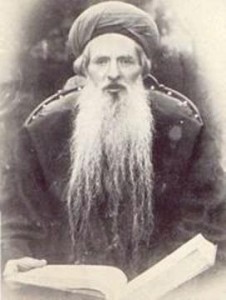
That made a great impression upon all who knew him. He was a person of enormous faith and he communicated that faith to others through his mere presence.
How he dealt with people was also noteworthy. He once owed someone about $5 for work he had done that day, but he had only a $20 bill and the worker had no change.
“That’s ok, Rabbi, you can pay me tomorrow morning,” the worker said.
“But that’s not permitted by the Torah,” Rabbi Medini replied. “Our Torah says ‘the wages shall not rest with you overnight.’”
Even though the worker agreed to be paid the next day, the Rabbi would not accept that. That same night he went throughout the entire Jewish quarter until he found people who were still awake. They were shocked to find their Rabbi standing in their doorway at midnight, asking to borrow $5. Then he ran back to pay the man so that he would not transgress the commandment against keeping a worker’s wages overnight.
In 1889, he was forced to leave Crimea by the Czars. When he came to Jerusalem, the position of Chief Rabbi was vacant. The previous rabbi had died and there had been no new election. He was offered the position, but he refused saying that he only wanted to live as a simple Jew.
However, when he went to Hebron to visit the graves of the Jewish peoples’ forefathers buried there, something happened. Some say he had a vision, but whatever it was he suddenly developed an attachment to Hebron and decided to become the Rabbi there. He opened a yeshiva there even though he was by now in his 80s. Due to his reputation it attracted some of the finest young scholars in the Land of Israel.
He used all the monies that he had assembled for the publication of his magnum opus, Sdei Chemed, to support the yeshiva. When they asked him how he could do that, he answered that a living Torah scholar is more valuable than a book. It was an elevation in the holiness of the funds, and therefore he had no compunctions about not being able to publish his entire book.
In 1905, he became very ill. The rabbis in the community of Chevron composed a special prayer for him called, “A prayer for Chizkiya in his illness,” alluding to the great Jewish king in the Bible, Hezekiah, who became, prayed and was given 15 years of additional life. However, the day before Chanukah 1905 he died. He was buried in Hebron.
Shockingly, the Arabs dug up his grave and took his shrouds because they thought it was a good luck charm, since he was such a holy man. Usually, grave robbers dig up tombs of great kings to steal away treasures of gold and jewels, but the Muslims dug up his grave to take up the linen shrouds. Despite their perverted sense of holiness and the desecration, it was a testimony to the esteem and awe in which Rabbi Medini was held by even the non-Jewish populace.


